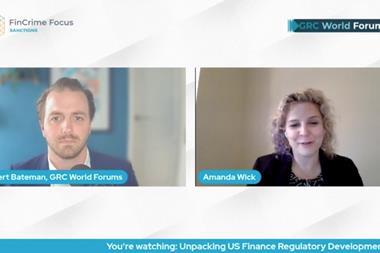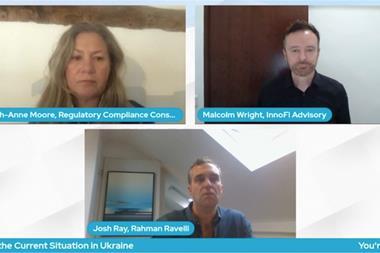This area is however unsettled and suffers from a dearth of core information on threats and vulnerabilities, particularly for lower capacity countries. Countries, financial institutions, designated non-financial businesses and persons, and even non-obliged sectors, will need to quickly get ahead of these new requirements, starting with National and Enterprise Wide PF TFS Risk Assessments.
In October 2020 the Financial Action Task Force (FATF), the global AML/CTF/CPF standard setter, updated Recommendation 1 requiring countries to take a risk-based approach to mitigating the risks of potential breach, non-implementation or evasion of proliferation financing targeted financial sanctions (PF TFS). The baseline however remains ensuring strict compliance with applicable PF TFS.
Striking the balance between the rules-based standard and the risk based-approach creates new requirements for obliged entities and beyond. This area is however unsettled and suffers from a dearth of core information on threats and vulnerabilities, particularly for lower capacity countries. This can increase the risk of proliferation financing abuse of the global financial system. The clock is however already ticking. Countries, financial institutions, designated non-financial businesses and persons, and even non-obliged sectors, will need to quickly get ahead of these new requirements, starting with National and Enterprise Wide PF TFS Risk Assessments.






















No comments yet